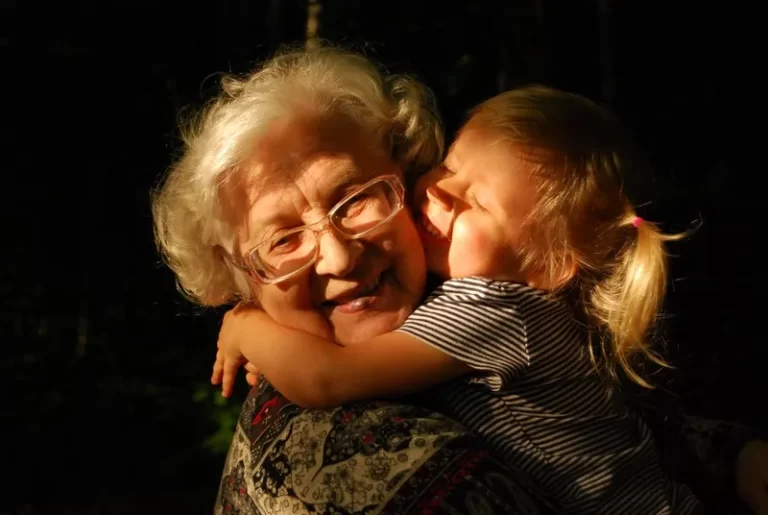Table of Contents
- The Family as a Social Institution
- Sexual Regulation in Families
- The Reproductive Function of Families
- The Economic Function of Families
- Educational and Socialization Roles of Families
- The Family in Contemporary Society
- Conclusion
In sociology, the family is often regarded as one of the most fundamental social institutions, playing a central role in maintaining social stability and continuity. Sociologists examine the family from various perspectives to understand its functions within society, particularly in the UK. The family serves as a primary social unit responsible for a range of functions that contribute to the well-being of individuals and the broader social structure. These functions include sexual regulation, reproduction, economic support, and education or socialization. Understanding these functions allows sociologists and students to critically assess the role of families in both traditional and contemporary settings.
The Family as a Social Institution
The family, as a social institution, is a fundamental building block of society. It is often defined as a group of individuals connected by blood, marriage, or adoption, living together and fulfilling roles that contribute to the social and emotional development of its members. The importance of the family can be seen in its ability to provide a stable environment for individuals to grow, develop, and participate in wider social life. In both traditional and modern societies, the family plays a key role in shaping values, beliefs, and norms, which in turn influences the broader social structure. Sociologists have long studied the family to understand how it functions and how it adapts to changing social conditions, particularly in a rapidly evolving society like the UK.
Traditionally, the family has been viewed as the institution that ensures the continuation of society through reproduction and socialization. Families were often large and extended, with multiple generations living together and contributing to the economic and social functioning of the household. However, contemporary UK society has witnessed significant changes in family structures, with a rise in nuclear families, single-parent households, and same-sex partnerships. Despite these changes, the core functions of families remain essential to the functioning of society. Whether in traditional or modern forms, the family continues to perform vital roles in social reproduction and the maintenance of social order.
Sexual Regulation in Families
One of the primary functions of the family is the regulation of sexual behaviour. In most societies, the family provides a socially acceptable framework within which sexual relations can occur, typically through marriage. By regulating sexual behaviour, families help maintain social order and control over reproduction. In the UK, sexual behaviour is largely expected to take place within the confines of a committed relationship, traditionally through marriage. This regulation helps to prevent societal issues such as promiscuity and unwanted pregnancies, which can lead to social instability.
From a functionalist perspective, the regulation of sexual behaviour within the family serves to reinforce social norms and values, ensuring that individuals conform to societal expectations. The family also serves as a mechanism for the control of sexual relations, reducing the potential for social conflict. Through marriage and committed partnerships, sexual relations are given legitimacy, and offspring born within these unions are given a recognised status in society. In this way, the family plays a crucial role in maintaining moral and ethical standards regarding sexual conduct.
In contemporary UK society, the regulation of sexual behaviour has become more flexible. Attitudes towards premarital sex, cohabitation, and same-sex relationships have evolved, reflecting broader changes in social norms. However, families still play a role in guiding and influencing the sexual behaviour of their members, particularly through the transmission of values and expectations. The family, therefore, remains an important site for the regulation of sexual behaviour, even in a society that has become more accepting of diverse lifestyles.
The Reproductive Function of Families
Reproduction is one of the most basic and essential functions of the family. In all societies, families are responsible for ensuring the continuation of the population by producing and raising children. This function is critical not only for the survival of the family unit but also for the perpetuation of society as a whole. In traditional UK society, reproduction was often closely tied to marriage, with societal expectations that children would be born and raised within the confines of a legally recognised union.
The functionalist perspective views reproduction as a key function of the family because it ensures the replacement of older generations and the continuity of society. Families provide the environment in which children are born and raised, ensuring their physical and emotional development. In doing so, they contribute to the stability of society by reproducing individuals who are capable of functioning as members of the community. The reproductive function of the family also reinforces social norms and values by ensuring that children are raised in a socially approved environment, typically with a mother and father.
In contemporary UK society, reproduction and family life have become more diverse. Advances in reproductive technology, changing social attitudes towards marriage, and the recognition of same-sex partnerships have broadened the ways in which families can be formed. Many families now include children born through alternative means, such as IVF, adoption, or surrogacy. Despite these changes, the core reproductive function of the family remains, as families continue to be the primary unit responsible for raising the next generation.
The Economic Function of Families
Get the full article AD FREE. Join now for full access to all premium articles.
View Plans & Subscribe Already a member? Log in.





